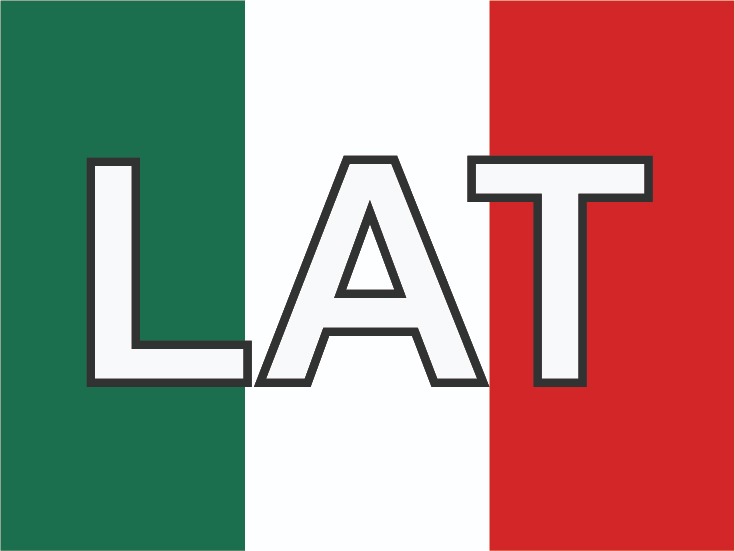From trial and error to Equator Network
Abstract
The dissemination of science is grounded on the reliability and value of the research literature that, through an editorial process, expresses the necessary detail to meet the reproducibility and refutability demands that underlie the scientific method. Three roles are defined in this editorial process that the researcher may assume at differing times or simultaneously, from the beginning of his career to the end of professional life: those of author, reviewer and editor. Authorship is scientific initiation, and despite identifying ourselves with the scientific method in the development of the research, writing and publication of a manuscript are closer to the methodologies of trial and error during the editorial process. Writing courses on scientific articles favor the structuring of information; however, they cannot cover the individuality of methodological design, and depending on the demands and help provided
through editorial work, the published article may have a variable quality that does not reflect the methodological rigor and results of the research that was carried out. Sooner or later, publishing an article means receiving a call from the journals to be a reviewer of another manuscript in which one might be considered an expert, and for this new role there is no schooling. Review guidelines are sent along with the document to be evaluated and these are used indiscriminately for a laboratory experiment, a clinical trial or a qualitative analysis, among others.
Experience counts and an academic background may lead a reviewer to evaluate using more formative recommendations, while a more exacting researcher will highlight the weaknesses and points where the writing needs improvement.
Authors
Downloads
Keywords
- Equator network
- autorship
- CONSORT
- reporting guidelines
- research methodology
References
1. Altman DG, Schulz KF, Moher D, Egger M, Davidoff F, Elbourne D, et al. The revised CONSORT statement for reporting randomized trials: explanation and elaboration. Ann Intern Med. 2001;134(8):663-94.
2. Liberati A, Altman DG, Tetzlaff J, Mulrow C, Gotzsche PC, Ioannidis JP, et al. The PRISMA statement for reporting systematic reviews and meta-analyses of studies that evaluate healthcare interventions: explanation and elaboration. BMJ. 2009;339:b2700.
3. Stroup DF, Berlin JA, Morton SC, Olkin I, Williamson GD, Rennie D, et al. Meta-analysis of observational studies in epidemiology: a proposal for reporting. Meta-analysis Of Observational Studies in Epidemiology (MOOSE) group. JAMA. 2000;283(15):2008-12.
4. Vandenbroucke JP, von Elm E, Altman DG, Gotzsche PC, Mulrow CD, Pocock SJ, et al. Strengthening the Reporting of Observa¬tional Studies in Epidemiology (STROBE): explanation and elabo¬ration. PLoS Med. 2007;4(10):e297.
5. Bossuyt PM, Reitsma JB, Bruns DE, Gatsonis CA, Glasziou PP, Irwig LM, et al. The STARD statement for reporting studies of diagnostic accuracy: explanation and elaboration. Ann Intern Med. 2003;138(1):W1-12.
6. Tong A, Sainsbury P, Craig J. Consolidated criteria for reporting qualitative research (COREQ): a 32-item checklist for interviews and focus groups. Int J Qual Health Care. 2007;19(6):349-57.
7. Simera I, Altman DG. Writing a research article that is “fit for purpose”: EQUATOR Network and reporting guidelines. Evid Ba¬sed Med. England; 2009:132-4.
The copy rights of the articles published in Colombia Médica belong to the Universidad del Valle. The contents of the articles that appear in the Journal are exclusively the responsibility of the authors and do not necessarily reflect the opinions of the Editorial Committee of the Journal. It is allowed to reproduce the material published in Colombia Médica without prior authorization for non-commercial use




















